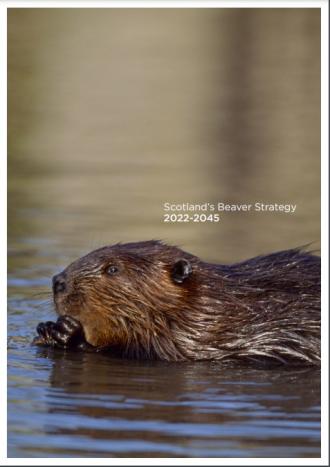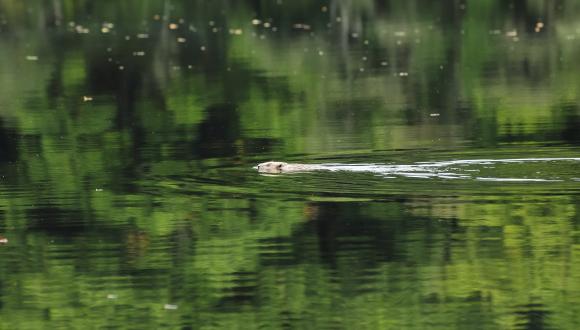Tayside Beaver Study Group
Active from 2012 to 2015, this group examined the impact of an unlicensed beaver population on Tayside.
We set up the Tayside Beaver Study Group in 2012 in response to a decision by the Minister for Environment and Climate Change to tolerate an unlicensed beaver population on Tayside.
The Tayside beaver population was allowed to remain in place for the duration of the Scottish Beaver Trial so that it could also be studied. The Tayside Beaver Study Group completed its work and published its final report in 2015. This helped to inform our Beavers in Scotland report.
Read the Tayside Beaver Study Group: Final Report
You can also search our publications for other reports relating to work with beavers on Tayside.
Objectives of the group
The Tayside study was designed to complement the Scottish Beaver Trial and other work.
The two main aims of the Tayside Beaver Study Group were to:
- gather information about the Tayside beavers and monitor impacts on local wildlife and land uses in the area
- help identify various means to resolve conflicts between beavers and land uses and to provide advice and practical help to landowners
Key activities during the monitoring period aimed to:
- gather information on the health and genetic status of the population
- understand breeding success to support population modelling
- record impacts on land use
- investigate and trial methods to minimise negative impacts
- establish the current and future requirements for advice
The group didn’t study the ecological effects of the beaver population. A part-time project officer was employed from April 2013 to December 2014 to do this instead.
Tayside Beaver Study Group members
- NatureScot (chair)
- National Farmers Union Scotland
- Royal Zoological Society of Scotland
- Scottish Environment Protection Agency
- Scottish Government
- Scottish Land and Estates
- Scottish Wild Beaver Group
- Scottish Wildlife Trust
- Tay District Salmon Fisheries Board
- Confor (Confederation of Forest Industries)
Contact
If you already have a licence number, include it in the subject line of your email, or have it to hand when you call.





